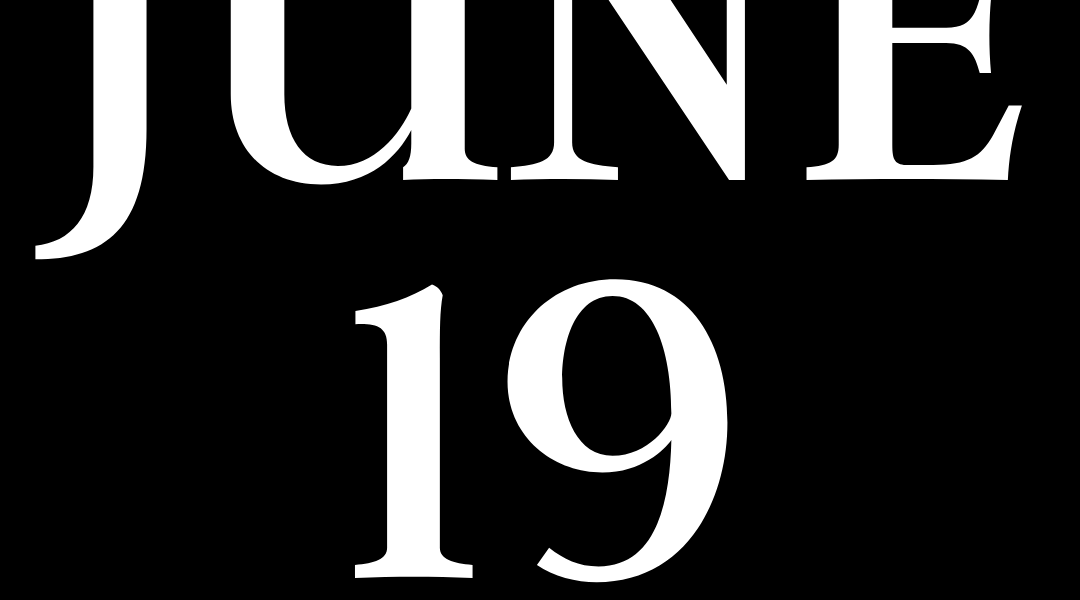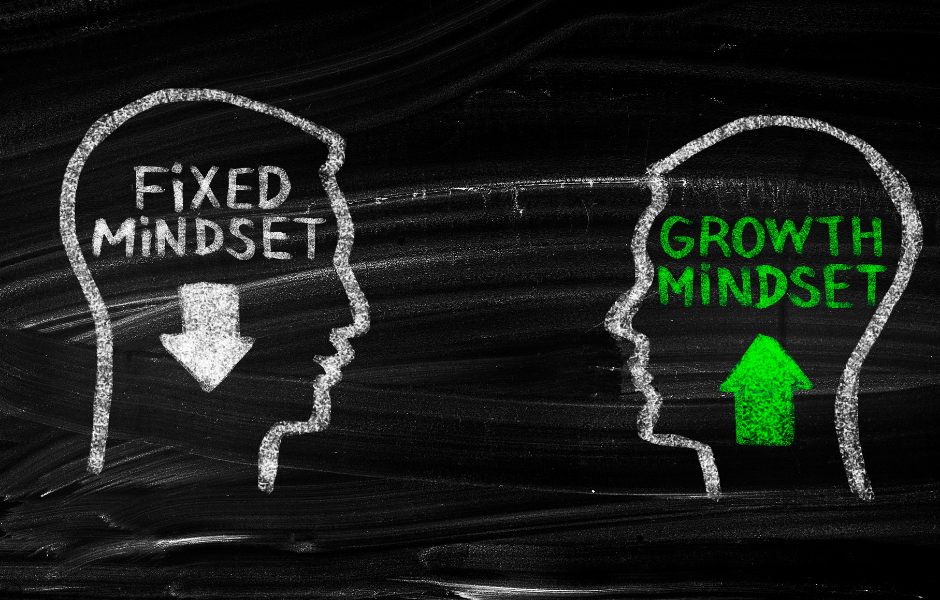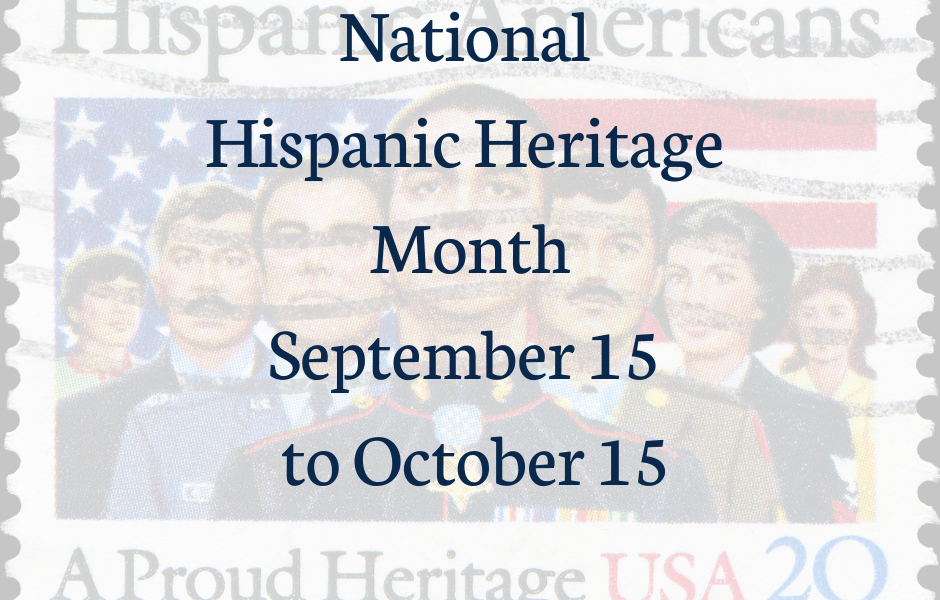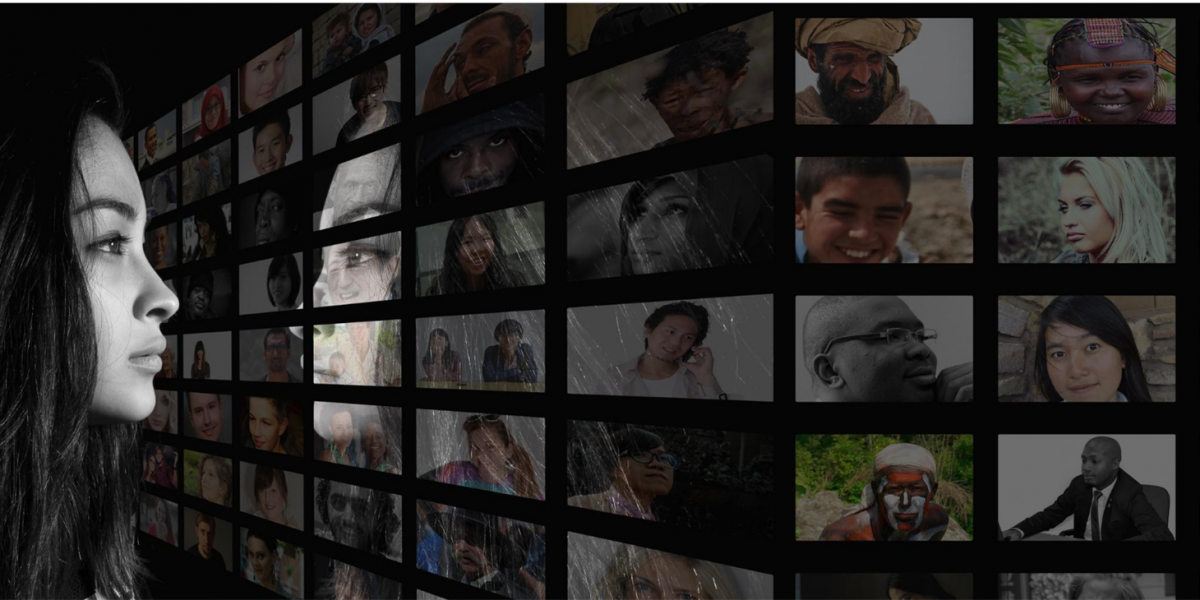Written by Alisha Juran and CLI “All persons held as slaves are and henceforward shall be free.” While slavery ended with these words written by Abraham Lincoln during his famous Emancipation Proclamation, slaves […]
Growth Mindset and Diversity, Equity and Inclusion
I have been thinking a lot about what needs to happen from an operational perspective for a legal organization to implement or augment its DEI efforts. That is, of course, […]
November is National Native American Heritage Month
November is National Native American Heritage Month. This time is dedicated to recognizing the many sacrifices, contributions, and history of Native Americans and celebrating their culture and heritage, that has […]
National Hispanic Heritage Month – Be Proud of your Past, Embrace the Future
Each year, Hispanic Heritage Month is celebrated from September 15 to October 15 to commemorate and celebrate American Latinx and Hispanic communities’ culture, history, and contributions. The timing of Hispanic […]
Ally vs. Accomplice
For months anti-racism books, like White Fragility, So You Want to Talk about Race, and How to Be Antiracist, were at the top of book lists as thousands committed to educating themselves about […]
- 1
- 2
- 3
- …
- 6
- Next Page »





